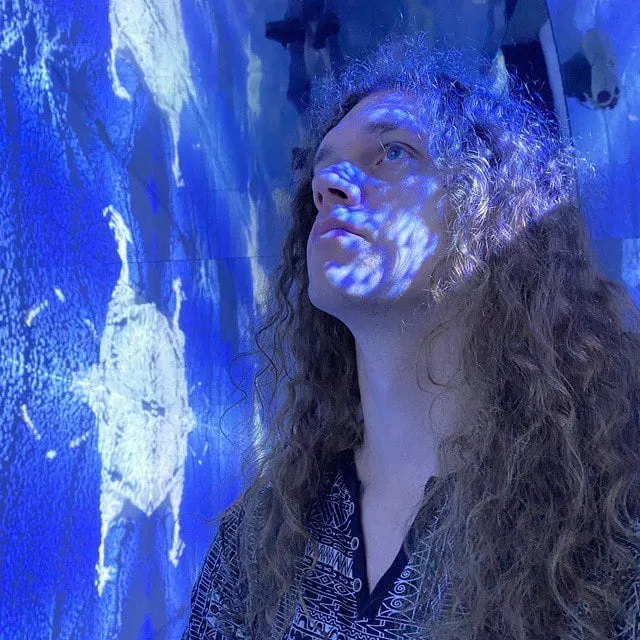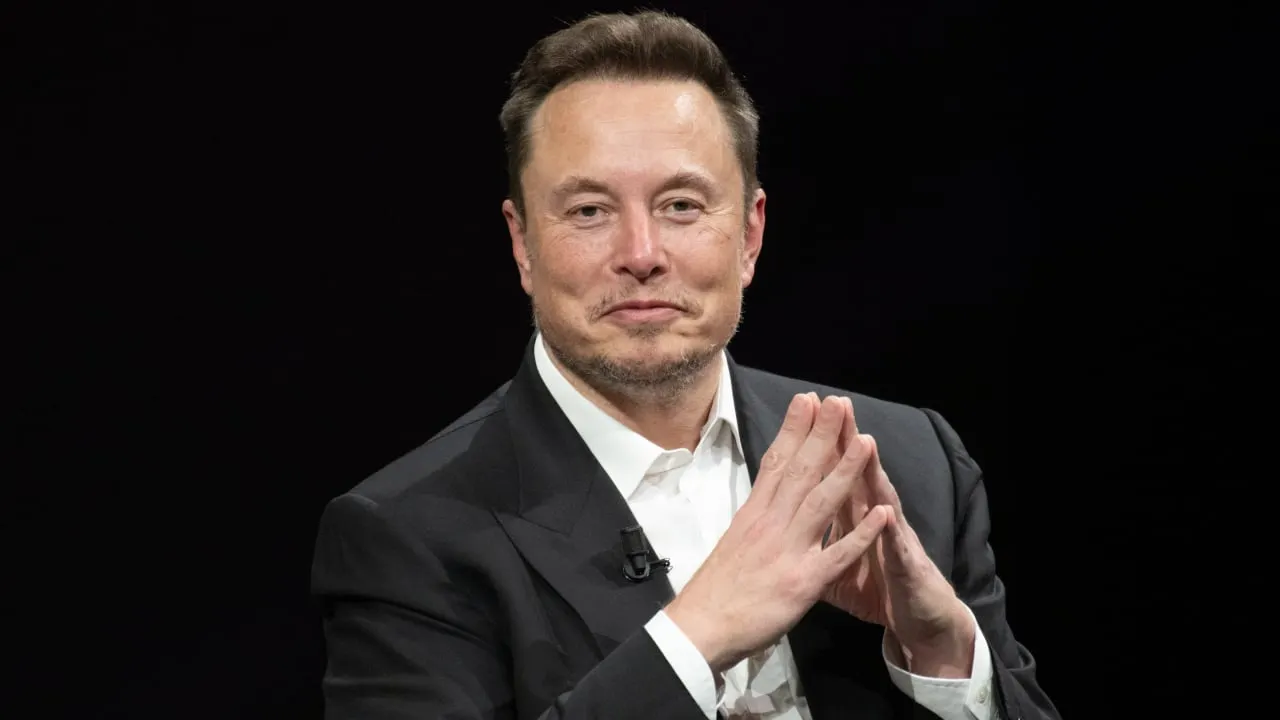Tech tycoon and Tesla CEO Elon Musk renewed his legal battle against artificial intelligence (AI) development firm OpenAI after previously dropping the lawsuit.
In a Monday filing with the United States court for the northern district of California, Musk claims that OpenAI CEO Sam Altman and others fraudulently induced him to invest in the company. He claims that his $44 million investment was based on the premise that OpenAI would remain a nonprofit organization focused on open-source AI development for the benefit of humanity.
Instead, Musk claims that Altman and others secretly planned to convert OpenAI into a for-profit enterprise after its AI research resulted in valuable technology. According to Musk, the defendants breached agreements, engaged in self-dealing, and improperly profited from OpenAI’s technology through deals with Microsoft and other entities.
The complaint also includes claims of fraud, breach of contract, unfair competition, false advertising, and violations of the Racketeer Influenced and Corrupt Organizations Act (RICO). Beyond Altman, the defendants include an array of OpenAI-related corporate entities, as well as OpenAI Chief Technology Officer Gregory Brockman.
Musk is seeking damages, disgorgement of profits, injunctive relief, and declarations that certain OpenAI agreements with Microsoft are invalid. The complaint alleges that the actions of the defendants harmed his business interest and reputation in the AI field.
Compared to Musk’s previous complaint against OpenAI, which Decrypt covered in March, this one is considerably more elaborate at 83 pages—up from 46 pages. Furthermore, the new complaint explicitly accuses the defendants of fraudulently inducing Musk to co-found and fund OpenAI, making the accusations more serious from a legal standpoint.
The previous lawsuit was dropped in mid-June, presumably to reconsider the legal strategy and file the new complaint. The new complaint also claims premeditation, alleging that a secret plan was in place to mislead Musk into financing an organization that would later become a for-profit company.
The mention of the RICO Act is also new, alongside fraud and false advertising allegations—all resulting in a significantly broader scope of legal claims. The focus on Musk’s personal interest is also a new addition, as well as the focus on specific people such as Altman instead of just OpenAI as an entity.
Since splitting with OpenAI, Musk has founded his own AI company called xAI, which raised $6 billion from investors in June. Major venture capital firms like Andreessen Horowitz and Sequoia Capital invested in the round, which values the firm at $18 billion. The Musk-owned social media platform Twitter (aka X) has integrated xAI’s tech via its Grok chatbot.
Edited by Andrew Hayward

